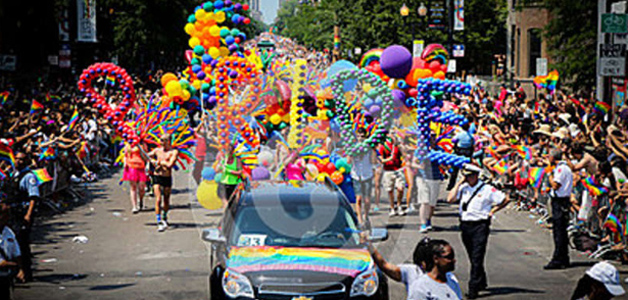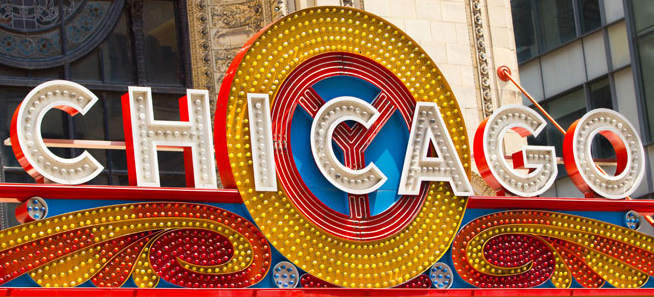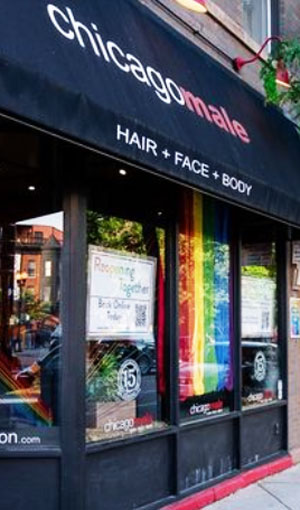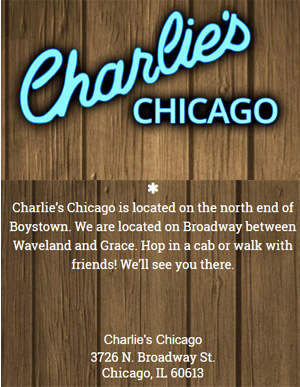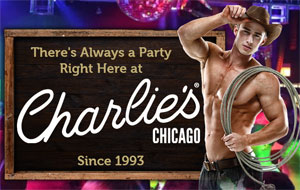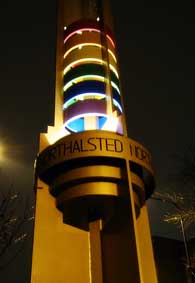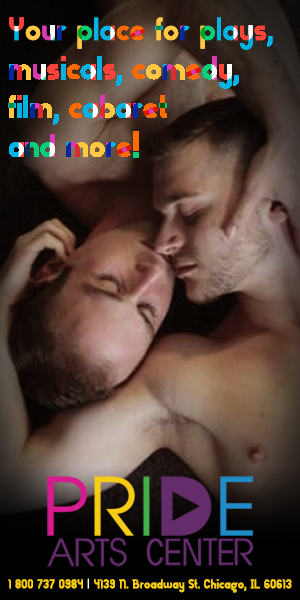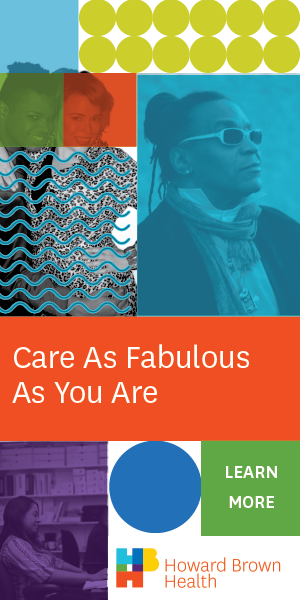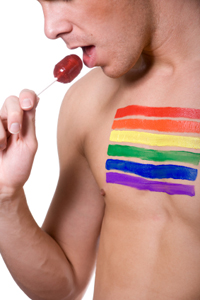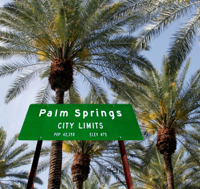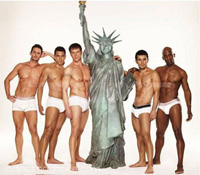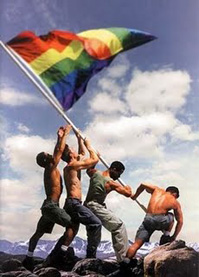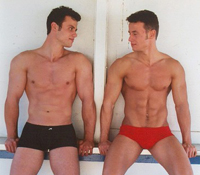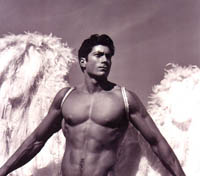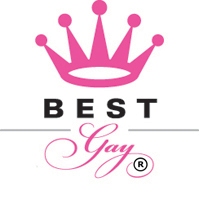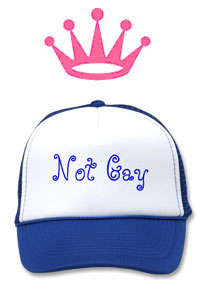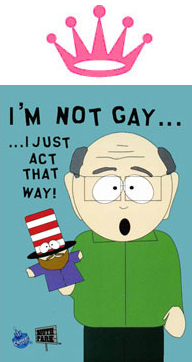FREE Films March 20th – LGBT History
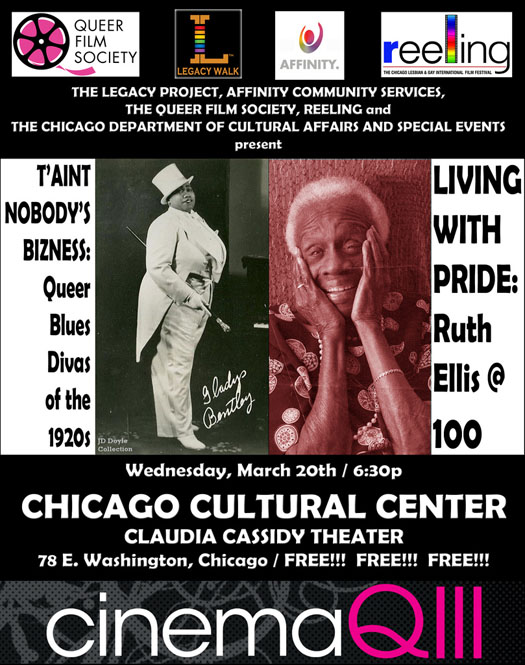
The 1920s saw a revolution in technology, the advent of the recording
industry, that created the first class of African-American women to sing
their way to fame and fortune. Blues divas such as Bessie Smith, Ma
Rainey, and Alberta Hunter created and promoted a working-class vision
of blues life that provided an alternative to the Victorian gentility of
middle-class manners. In their lives and music, blues women presented
themselves as strong, independent women who lived hard lives and were
unapologetic about their unconventional choices in clothes, recreational
activities, and bed partners. Blues singers disseminated a Black
feminism that celebrated emotional resilience and sexual pleasure, no
matter the source.
American lesbian, recounts her life. As a lesbian academic interviewed
in the documentary puts it, “Ruth is a gift to us” as she is able to
tell what it was like to suffer “triple oppression, being a woman, being
black, and being a lesbian.” Ellis tells about discovering her
sexuality some 80 years ago, and when discussing her romantic
involvements (which included one relationship lasting 35 years), she is
utterly honest.
had sex, and she replies it was when she was 95, adding with a laugh,
“that was a one-night stand.” A businesswoman, Ellis lived openly as a
lesbian and often played host for an active social circle of gays and
lesbians in Detroit at a time when mainstream America scarcely
acknowledged the existence of the community. The film is illustrated
with vintage photographs of Ellis, her family, lovers, and friends, and
footage shot in the present day shows her at dance class, having fun at
her favorite bowling alley, and shooting pool with friends. This is an
engaging look at a special character, a woman who was always true to
herself.
